1. Beagle
Beagles, known for their floppy ears and colorful coats, have lovable, happy, and curious personalities. Part of the hound group, they excel as scent-detection dogs and thrive on plenty of stimulation, preferring long walks for exercise. Their low-maintenance coat sheds moderately and needs weekly brushing. Health concerns for beagles include IVDD, hip dysplasia, luxating patella, hypothyroidism, and frequent ear infections due to their floppy ears.

2. Dachshunds
Dachshunds, known as "weiner dogs", are characterized by long bodies, short legs, humor, curiosity, and high energy. They are vocal, with a loud bark and bold personalities. Grooming varies by coat type: short-haired dachshunds need minimal care, long-haired ones require daily brushing to prevent matting, and wire-haired dachshunds resemble miniature schnauzers and need beard maintenance. Common health issues include back problems like IVDD, exacerbated by strenuous activities like jumping off furniture.
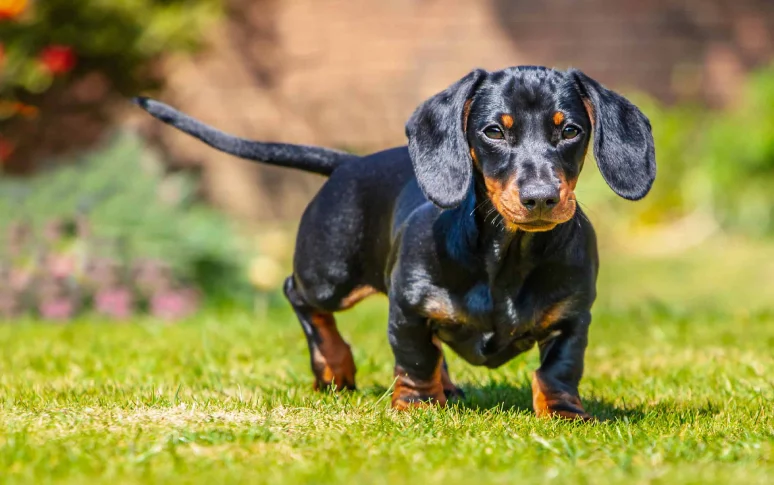
3. German Shepherd
German shepherds don't just make great police and search and rescue dogs—they also make for loving house pets. They are "high-energy and have more of a protective side. Smart breed dogs tend to be more mischievous because they get bored easier. To prevent this, you can stimulate your dog through training, sports, chew toys, or nose work games.
German shepherds also respond well to commands, and are keen on having various "jobs". Health issues for this breed include hip and elbow dysplasia, degenerative myelopathy (a neurological disorder), Gastric dilatation and volvulus (GDV), and others.
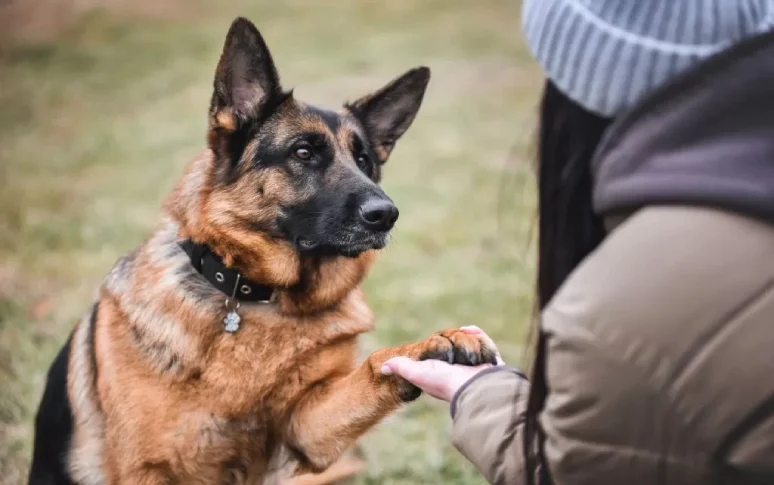
4. Poodle
Poodles are known for being smart and social—and for their beautiful, high-maintenance coat. As one of the most intelligent dog breeds around, Poodles also need lots of exercise and brain games to be content. Generally, poodles tend to be proud, playful, friendly, and bright. They're good with other pets, strangers, and children, making them quite versatile.
Poodles require significant coat maintenance to prevent matting, necessitating brushing every other day and professional grooming every six weeks. Prone to health concerns like GDV, Cushing's disease, and eye conditions such as progressive retinal atrophy, poodles need attentive care to safeguard their well-being.
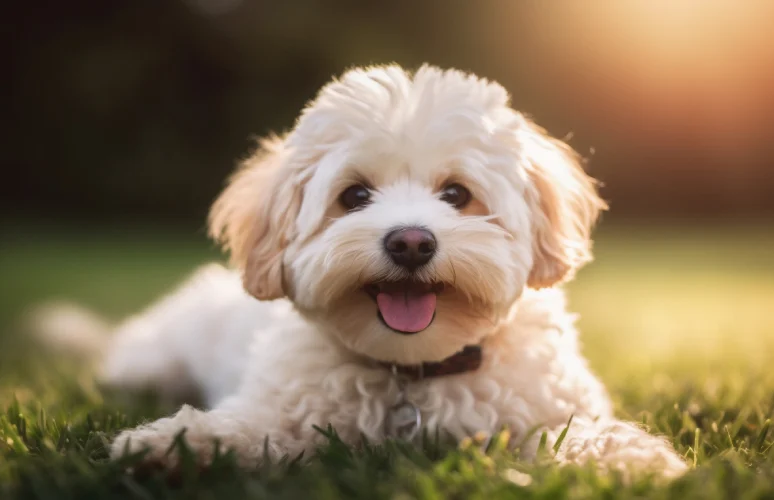
5. Rottweiler
Rottweilers are in the working group of dog breeds, meaning that they thrive when they have an activity or "job". Combined with their protective and alert nature, they make excellent watch or guard dogs. Despite this, they're also a loving and loyal breed—with proper training and socialization, a rottie's territorial instincts can be controlled.
Despite their protective nature, rottweilers aren't known for being a very vocal breed. You won't hear them bark much outside of protecting their territory and loved ones. When it comes to health concerns, rottweilers tend to have higher cases of hip dysplasia, eye issues such as progressive retinal atrophy and cataracts, as well as heart issues.
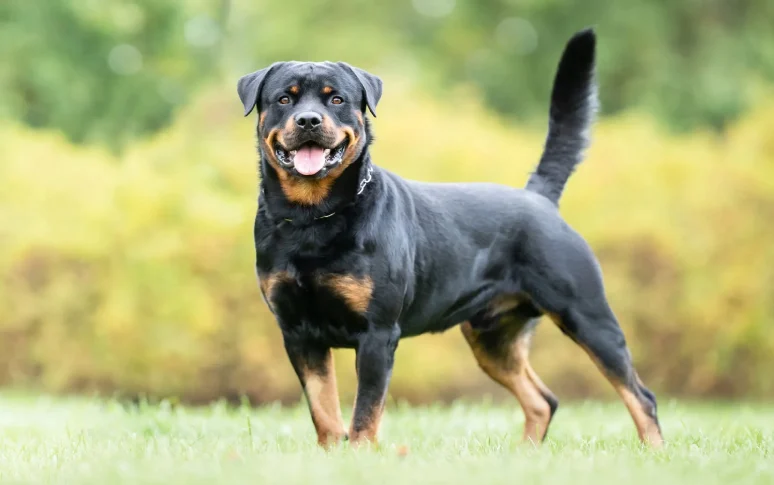
6. French Bulldog
French bulldogs or Frenchies as they're affectionately called, have skyrocketed in popularity over the past few years, coming in at the top of the most popular dog breeds list. They're loving, playful, good for family atmospheres, and make cute noises.
French Bulldogs require only about an hour of exercise daily. Due to their brachycephalic nature, characterized by a flat face, Frenchies may experience breathing difficulties. It's crucial to monitor them closely during physical activity to prevent overheating and to avoid pushing them too hard in hot or humid conditions.
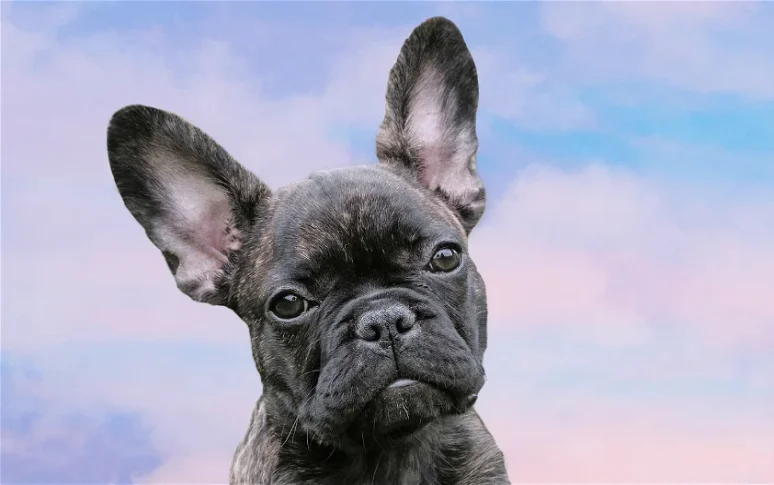
7. Labrador Retriever
The Labrador retriever, known as the quintessential family companion, embodies playfulness, energy, and unwavering loyalty, making them a versatile fit for various living environments. Their innate desire to please their owners facilitates easy training, further solidifying their reputation as an ideal pet choice.
Renowned for their intelligence and endless vitality, Labrador retrievers thrive with ample space and exercise, necessitating over two hours of daily physical activity. Mental engagement through activities like puzzle feeders, toys, training sessions, and sports is crucial to fulfilling their cognitive needs. Additionally, due to their thick double coat, Labs are prone to shedding, requiring regular brushing at least once a week to minimize loose fur. In shedding seasons such as spring and fall, daily grooming may be necessary to manage their coat effectively.
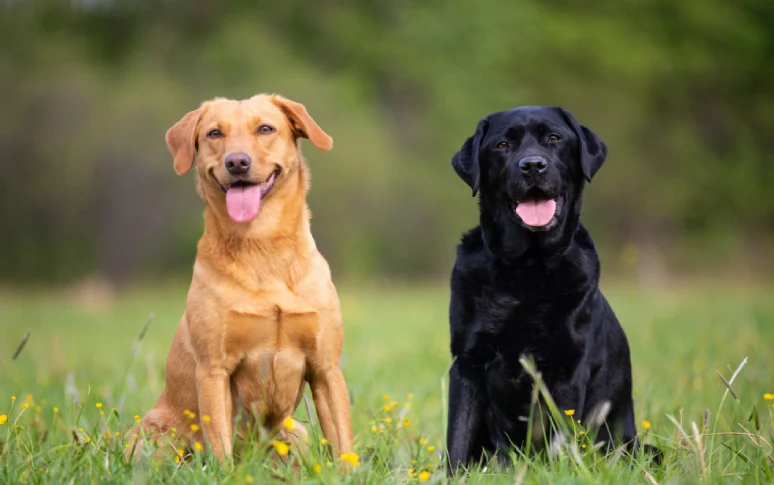
8. Pembroke Welsh Corgis
Pembroke Welsh corgis are beloved for their short legs and lively, comedic personalities. These little guys have a lot of energy in a small package and will need up to one hour of exercise per day.
Corgis are part of the herding group and have historically been used to guard farms, herd sheep, and gather flocks of chickens. To please their herding instincts, you can get them involved in Treibball. This dog sport is popular with herding breeds because they can "herd" big exercise balls.
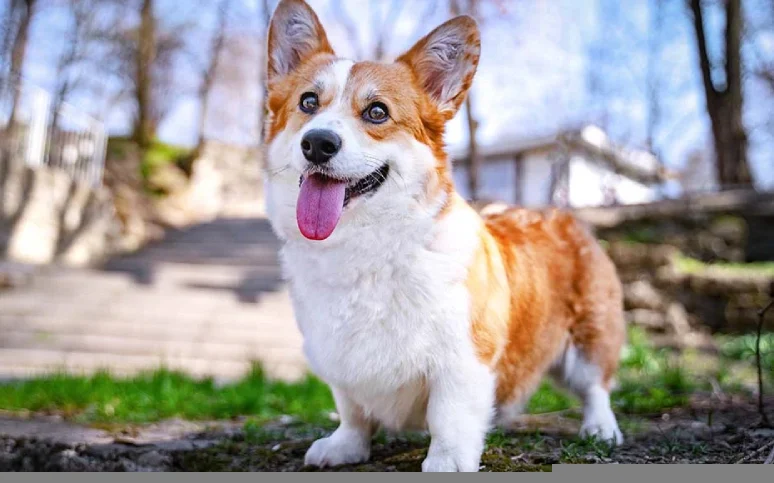
9. Golden Retriever
Golden retrievers, similar to their Labrador counterparts, are also wonderful family companions. Gentle and friendly, these dogs are known for their affectionate and loving demeanor. These smart and active dogs love playing fetch and swimming. They also require mental stimulation and do well with training.
Goldens have a longer and thicker coat than labradors, making them high shedders. It's recommended to brush them daily or at least twice per week. These canines have similar health concerns to labradors, as they're also prone to hip dysplasia, ACL tears, and joint issues. Research also suggests that Goldens unfortunately have a higher risk of cancer than most dogs.
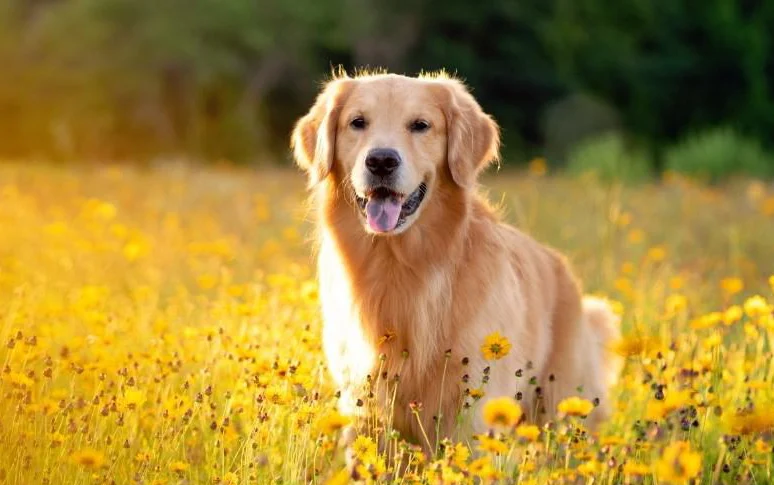
10. Bulldog
Bulldogs are low-energy, and often referred to as lazy. They are more likely to join you on the couch to watch your favorite movie than to accompany you on a long run.
Bulldogs need up to one hour per day of exercise, and Daily walks and some games around the house should be sufficient. Similar to their French counterparts, bulldogs are a flat-faced breed, which places them at high risk of heat stroke. Also, bulldogs are not good swimmers, so be sure to keep an extra eye on them around a pool or lake.
From the loyal Labrador Retriever to the playful French Bulldog, each breed offers unique charms that have captivated dog owners globally. These beloved breeds symbolize the enduring bond and companionship shared between humans and dogs, enriching our lives with their unwavering love and loyalty.
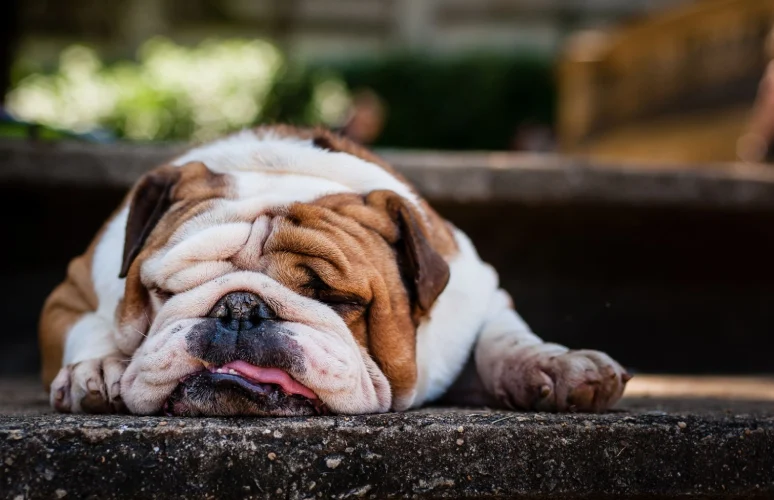
Was this page helpful? Give us a thumbs up!












